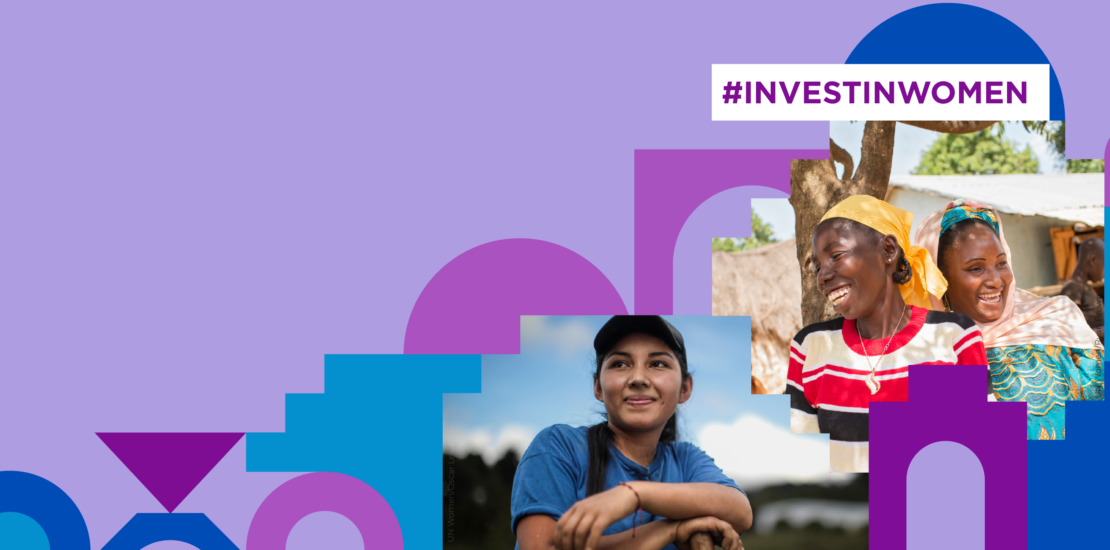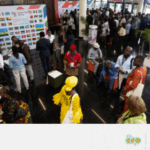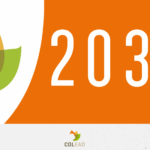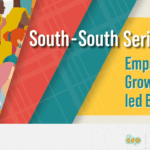- 10/04/2024
- Posted by: Sandra Borma
- Category: News

The critical role of gender equality in sustainable development
On the occasion of the International Women’s Day, we celebrated in March the significant contributions of women in agri-food systems around the world. The agri-food sector is a major source of employment for women, with an estimated 66% of women in sub-Saharan Africa working in the sector. However, women often face discrimination and constraints that limit their productivity and earning potential.
Understanding the root causes that limit women’s participation in agriculture is critical to integrating gender equality into sustainable agri-food systems. Factors such as discriminatory social norms, care responsibilities, lack of access to subsidised agricultural inputs and credit, and the seasonality of labour demand disproportionately affect women’s productivity and opportunities for upgrading.
Race, ethnicity, age, disability, and health also play a role in determining women’s access to agricultural resources. In most cases, lack of land ownership and tenure security limits women’s ability to benefit from participation in global value chains. This is particularly alarming given the role of women in horticulture, where they have been instrumental in the growth of the sector but often have limited access to training in alternative and advanced horticultural technologies.
COLEAD, an organisation dedicated to sustainable agricultural production and trade, recognises the critical role of gender equality in sustainable development. We are committed to addressing the vulnerabilities and disadvantages faced by women in the agri-food sector and actively promoting their empowerment.
Integrating a gender perspective into agricultural technology development, training programmes and policy design has been shown to increase women’s productivity and the adoption of sustainable agricultural practices. Engaging men and addressing their own perceptions of gender barriers is also critical to ensuring that women’s needs and priorities are prioritised.
As an example and illustration of women’s remarkable contribution to sustainable global agriculture, we would like to pay special tribute today to the 58 exemplary and inspiring women entrepreneurs from the COLEAD network, featured in our online Partnership Agrifood Sessions.
In addition to recognising the contributions of women in the agri-food sector, we also took this opportunity to celebrate the women within our organisation (60% of COLEAD team members are women) who are working towards our shared vision of gender equality and sustainable agriculture. Their skills, passion and commitment are vital to our mission! A big thanks to all of them!
We recognise that achieving gender equality in the agri-food sector requires a collective effort and a holistic approach. It involves addressing structural barriers that limit women’s access to resources, challenging discriminatory social norms and promoting women’s leadership and decision-making.
On this International Women’s Day, we reaffirmed our commitment to provide training and skills development opportunities to support efforts to help both women and men access the knowledge and resources they need to adopt sustainable agricultural practices and comply with international market standards and regulations. We are committed to creating the conditions for successful women entrepreneurs and managers to inspire their peers to believe that everything is possible.
Let’s celebrate the achievements of women in agri-food systems and continue to strive for gender equality in sustainable agriculture!
Read COLEAD’s Gender Equality Statement here.
© Photo credit : UN





